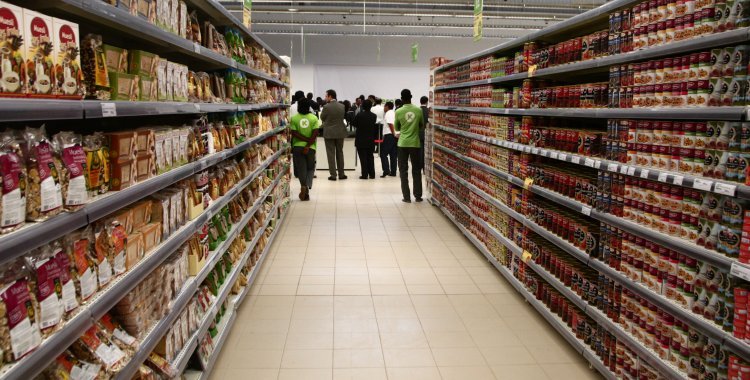The data were presented by the Minister of State for Economic Coordination, Manuel Nunes Júnior, who expressed pride in the balance of internal accounts, as a result of actions carried out in the last five years.
"From 2018 to 2022, with the exception of 2020 due to the pandemic, the country's budget balances are in surplus, when in the period 2014-2017 Angola faced successive budget deficits", said the minister.
"The internal accounts are equally balanced", assured the minister, when speaking this Thursday at the closing ceremony of the session for the admission to trading of shares of Banco Caixa Geral Angola (BCGA) on the stock market.
According to Manuel Nunes Júnior, in the period from 2018 to 2021, the current account balance of the balance of payments has been "systematically" positive: "Which means that the inflow of foreign currency has been greater than the outflow of these resources from the country", guaranteeing "the stability of Angola's Net International Reserves".
The official also noted that the country's foreign exchange market "is stabilised", stressing that since November 2020 the national currency, the kwanza, "has followed a stable trajectory in relation to the main international currencies".
"Today, our foreign exchange market is operating normally, without any kind of administrative restrictions, which is good for our economy, in particular for foreign investors who want to repatriate their dividends in a timely manner," he added.
Public debt, as a percentage of Gross Domestic Product (GDP), has been decreasing, with its stock having dropped from 128.7 percent of GDP in 2020 to 82.1 percent in 2021.
"In the first quarter of 2022, this ratio dropped to 66 percent", he said, admitting that with the decrease in budget deficits and the stock of Angola's debt, it will also move towards a "path of reducing interest rates" prevailing in the market.
Which, he continued, is an important condition to "increase credit to the economy and, consequently, the volume of investments in the country".
Manuel Nunes Júnior also highlighted the "decreasing trend" of inflation rates in the country, especially when several countries around the world register increases in rates, motivated by "reforms introduced at an opportune moment" in the conduct of fiscal, monetary and exchange rate policy .
Reforms introduced in the regulation of the goods and services market, especially with the introduction of the Strategic Food Reserve, also contributed to the reduction of rates, he stressed.
"The year-on-year inflation rate in August this year was 19.7 percent, when in 2021 it reached around 30 percent," he pointed out.
"We will continue to work to maintain this downward trend in inflation rates, so that we can improve the purchasing power levels of our populations," he said.
The Minister of State also said that the country entered a growth trajectory in 2021 with a growth of 0.7 percent, after five consecutive years of economic recession, in a process driven by the non-oil sector, which recorded a growth of 6.4 percent. percent against an oil sector growth of minus 11.6 percent.
He also considered that the economic growth prospects for 2022 are good: "We will remain in an environment of sustained and inclusive economic growth", he guaranteed.
"We expect global growth of 2.7 percent supported by growth in the non-oil sector of 3.2 percent and in the oil sector, including gas, of 2.1 percent," concluded Manuel Nunes Júnior.







